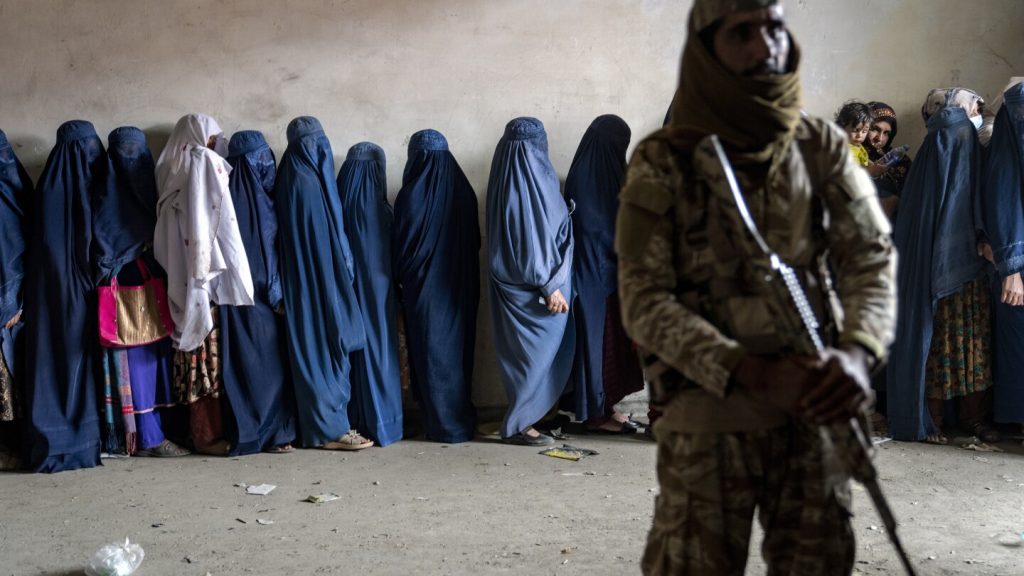The Taliban have faced criticism from four countries – Australia, Canada, Germany, and the Netherlands – for their treatment of women and girls in Afghanistan. These countries have initiated legal proceedings against the Taliban for violating a U.N. convention on women’s rights. Despite the Taliban’s promises of a more moderate rule, they have restricted women and girls from education beyond sixth grade, public spaces, and most jobs. In August, laws were issued by the Vice and Virtue Ministry banning women from showing their bare faces and speaking loudly in public.
More than 20 countries have expressed their support for the legal action against the Taliban, condemning the human rights violations and gender-based discrimination against women and girls in Afghanistan. The countries argue that Afghanistan is responsible under international law for violating obligations under the Convention on the Elimination of All Forms of Discrimination against Women. They do not recognize the Taliban as the legitimate leaders of the Afghan population and believe that Afghanistan’s failure to fulfill its human rights obligations is hindering the normalization of relations.
The Taliban’s deputy spokesman, Hamdullah Fitrat, defended the group’s actions, stating that human rights are protected in Afghanistan and denying any discrimination against individuals. He dismissed the accusations of human rights violations and gender discrimination as absurd, accusing those making such claims of spreading propaganda and misrepresenting the situation in the country. The Taliban maintain that their policies, particularly those affecting women and girls, are in accordance with their interpretation of Islamic law, or Sharia.
Human Rights Watch researcher Fereshta Abbasi welcomed the legal action taken by Germany, Canada, Australia, and the Netherlands, stating that it may lead to justice for the Taliban’s human rights violations against Afghan women and girls. She urged other countries to show their support for the initiative and involve Afghan women in the process as it progresses. The Taliban have consistently rejected criticism of their policies, especially concerning women’s rights, framing it as interference in their internal affairs. The international community’s response to the legal proceedings against the Taliban will be crucial in determining the future of human rights advocacy in Afghanistan.















